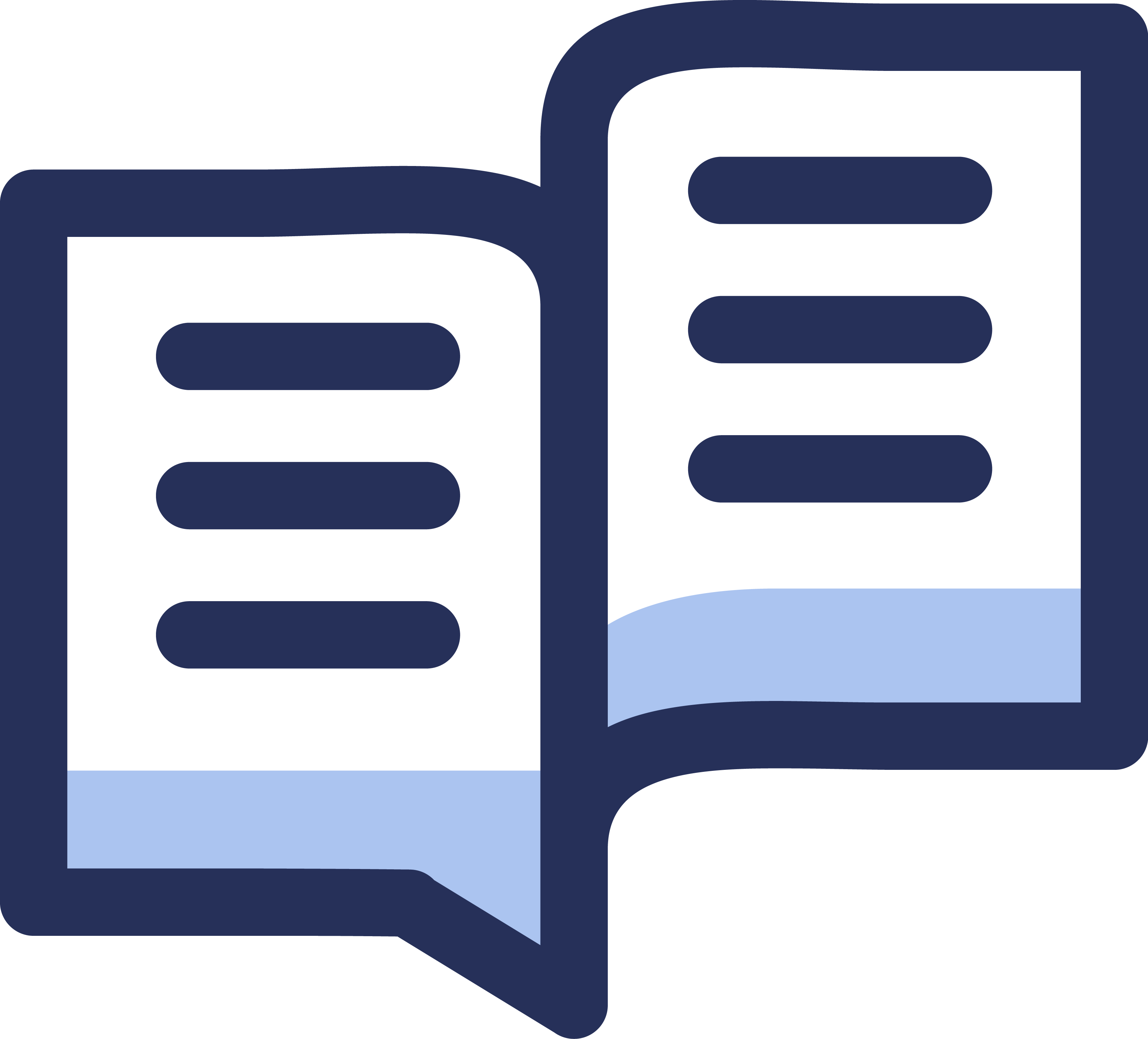
Learning English can feel overwhelming at times, but it’s important to remember that every small step you take brings you closer to feeling confident in your ability to communicate. One of the best ways to improve your English vocabulary is by learning and practicing common words and phrases used in everyday situations.
These simple expressions will help you feel more comfortable in conversations and make interactions with others much smoother.
In this post, I’ll walk through some of the most useful words and phrases for various everyday scenarios. Whether you’re ordering a coffee, shopping, or making small talk, I’ll cover it all.
The goal is to help you speak English with ease, confidence, and, most importantly, enjoyment. Let’s dive in!
Why It’s Important to Learn Common Words and Phrases for Everyday Use
Learning basic vocabulary for everyday situations is one of the best ways to build your speaking skills and feel comfortable using English in real-life interactions. When you learn words and phrases for places like a coffee shop, the supermarket, or a restaurant, you’re not only expanding your vocabulary, but you’re also learning how to navigate common social situations with ease.
By focusing on frequently used phrases, you’ll:
- Boost your confidence
- Build connections
- Improve your fluency
- Feel less stressed
Now that you understand why it’s so important, let’s explore the most common places where these phrases come in handy!
1. In a Coffee Shop
A coffee shop is a great place to practice your English, whether you’re ordering a drink, chatting with a barista, or sitting with friends. Here are some useful words and phrases you can use:
- “I’d like a [coffee/tea/latte], please.”
A polite way to order your drink. - “Can I have a [small/medium/large] [coffee/latte]?”
Customize your order with size preferences. - “What’s your most popular drink?”
A nice question to ask if you’re unsure of what to order. - “Do you have any [pastries/cakes/sandwiches]?”
Use this when you’re interested in something to eat. - “Is this [drink] hot or cold?”
Ask if you’re unsure about the temperature of your order. - “Can I get that to go?”
If you’re taking your drink with you. - “How much is it?”
To ask for the price.
2. At the Grocery Store
Grocery shopping is an everyday task where knowing basic vocabulary will make your shopping experience much easier. Here are some words and phrases to help you get by:
- “Where can I find the [milk/eggs/bread]?”
Ask for directions if you’re looking for specific items. - “How much is this?”
Perfect for checking the price of an item. - “Can I pay with a card?”
If you’re unsure about payment options. - “Do you have any discounts today?”
A good question if you’re looking for a deal. - “I’ll take one [apple/banana/bag of rice].”
A simple way to express how much of an item you’d like. - “Is this on sale?”
Use this when you’re unsure if an item is discounted. - “Where is the checkout?”
Ask for directions to the register when you’re ready to pay.
3. At a Restaurant
Whether you’re dining in or ordering takeout, knowing the right words and phrases for the restaurant setting can help make the experience more enjoyable. Here are some phrases to use:
- “Could I see the menu, please?”
A polite way to ask for the menu. - “What do you recommend?”
Ask your server for their suggestions if you’re unsure what to order. - “I’ll have the [dish].”
A simple way to order your meal. - “Could I get the bill, please?”
Use this when you’re ready to pay. - “Is this dish vegetarian?”
A good question if you’re concerned about dietary restrictions. - “Can I have that without [cheese/salt/spices]?”
Customize your order according to your preferences. - “I’m allergic to [nuts/dairy/etc.].”
Always important to communicate if you have food allergies.
4. At the Bank
When you visit the bank these phrases will come in handy:
- “I’d like to open an account.”
If you’re opening a new bank account. - “Can I withdraw money?”
For asking about withdrawing cash. - “How much is the service fee?”
A useful question to ask about any additional charges. - “I need to transfer money to [another account].”
If you’re transferring funds. - “What’s the interest rate?”
To inquire about savings accounts or loans. - “I need to exchange some currency.”
Use this when you’re traveling abroad and need to exchange money. - “Can I have a receipt?”
Always good to ask for proof of a transaction.
5. At the Post Office
Whether you’re sending a letter or buying stamps, knowing the right words for the post office will make things much easier:
- “I’d like to send this package to [country].”
For international shipments. - “Can I buy a stamp for this letter?”
If you need to mail a letter. - “How long will it take to arrive?”
Ask about the delivery time for a package. - “Is this service available for [overnight shipping, express mail, etc.]?”
To ask about faster services. - “Could you help me fill out this form?”
If you need assistance with paperwork. - “What’s the shipping cost?”
Important for knowing how much you’ll need to pay. - “Do you have any packaging materials?”
Ask if you need boxes or envelopes for your items.
6. At the Pharmacy
Visiting the pharmacy requires knowing certain phrases to help you find the right medication or health products:
- “I need some [painkillers/cough syrup/antiseptic cream].”
Ask for specific types of medicine. - “Do you have anything for a headache?”
If you’re looking for a remedy for a particular ailment. - “Is this over-the-counter?”
To ask if a product can be purchased without a prescription. - “Can you recommend something for [symptom]?”
Ask for advice if you’re unsure what to buy. - “Do I need a prescription for this?”
Ask if you need a doctor’s note for certain medications. - “How often should I take this?”
Ask about dosage instructions. - “Is there a generic version of this?”
To ask for a more affordable option.
7. In the Workplace
When you’re at work, whether it’s in an office, a store, or another setting, knowing how to communicate with colleagues is essential:
- “Can I help you with that?”
A helpful phrase to offer assistance. - “Could you clarify that for me?”
If you need more explanation. - “I’m working on [this task].”
Share what you’re currently focusing on. - “Can we meet at [time]?”
To schedule a meeting. - “I’m having trouble with [this task].”
Be honest if you need help with something. - “Do you need anything from me?”
A great way to offer support to your colleagues. - “I’ll follow up with you on that.”
Let others know you’ll check in later.
Conclusion
Learning everyday vocabulary and phrases is an essential step in becoming more fluent and confident in English. By learning the right words and expressions for common situations, you build a solid foundation for more complex conversations in the future.
Practice these phrases often, and soon, they will feel like second nature.
Frequently Asked Questions:
What if I make a mistake while speaking?
Don’t worry! Mistakes are a normal part of the learning process. The more you practice, the more comfortable you’ll become. Most people will appreciate your effort to speak their language.
How can I remember new phrases?
Try repeating some common words and phrases in context. For example, practice ordering coffee at home as if you’re in a café. Also, writing down the phrases and using them in daily conversations will help reinforce your memory.
How do I improve my pronunciation?
Listen to native speakers and try to mimic their pronunciation. You can also use language learning apps or websites to practice speaking and listening skills.
Is it better to focus on grammar or vocabulary first?
While both are important, focusing on vocabulary can help you start communicating faster. Once you’re comfortable with common phrases, you can gradually work on grammar.
How can I practice speaking if I don’t have anyone to talk to?
You can practice speaking by talking to yourself in English, repeating phrases aloud, or using language exchange apps to find a conversation partner. Speaking out loud helps build confidence!





Leave a Reply